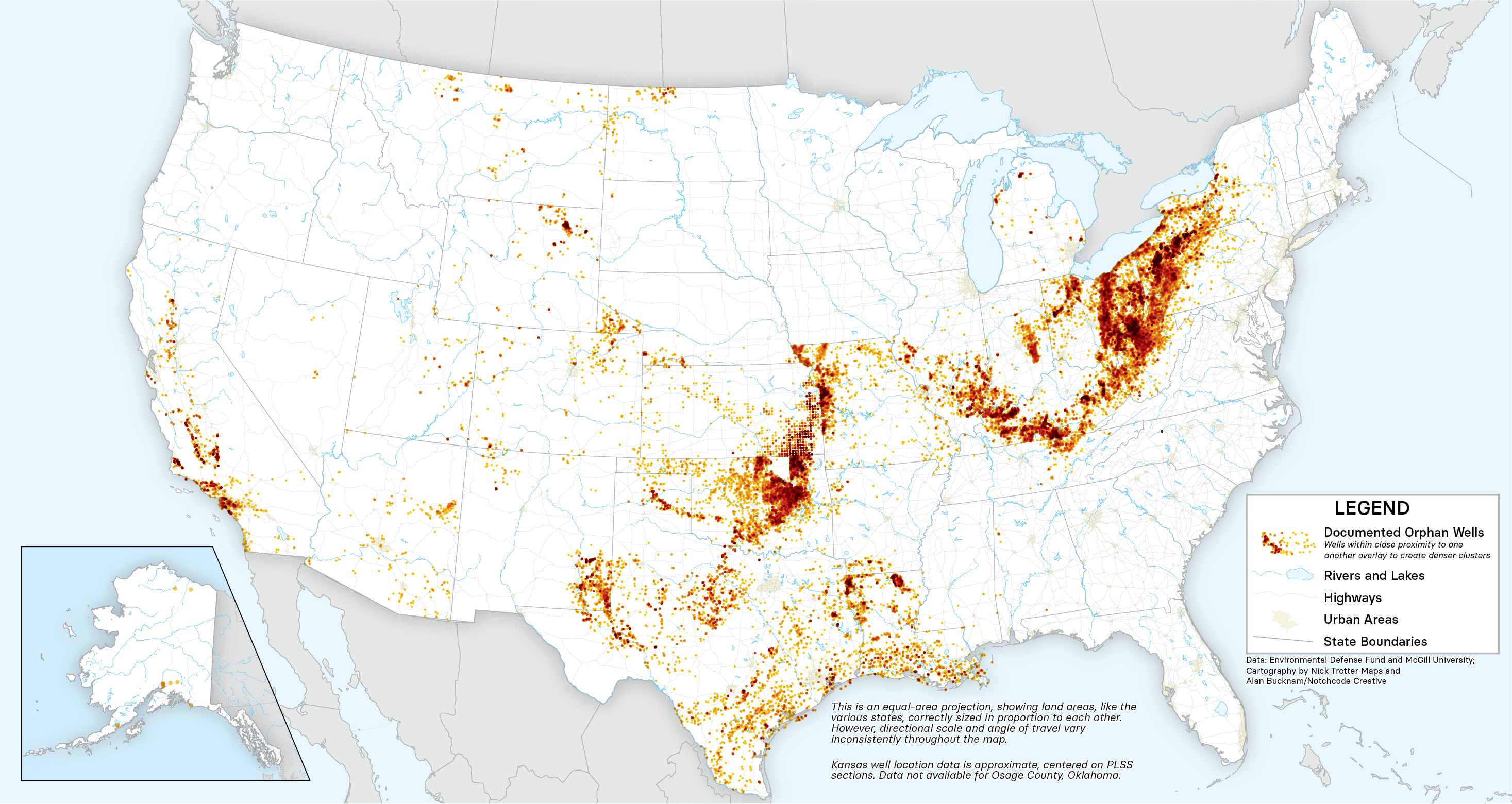
In the heart of Louisiana, a state known for its rich cultural heritage and diverse ecosystems, a silent threat has lurked beneath the surface for decades: Orphan wells. These wells, once used for oil and gas exploration, pose significant environmental risks if left unchecked. However, LEMOINE acting in the role of Construction Manager at Risk (CMaR) for the Louisiana Department of Natural Resources (LDNR), has undertaken the ambitious project to plug these wells, contributing to the environmental sustainability and resilience of the state. LEMOINE’s services to LDNR include methane monitoring, federal compliance reporting, disadvantaged business enterprise (DBE) outreach and utilization, site restoration, and plug and abandonment (P&A) of wells.

Understanding the Challenge
Orphan wells are a ticking time bomb that can contaminate groundwater, soil, and release harmful gases into the atmosphere. They not only endanger the environment but also pose health and safety risks to nearby communities. Louisiana, with its extensive history of oil and gas extraction, has roughly 4,500 orphaned wells that require immediate attention. As of December 2020, there are over 97,213 documented orphan wells throughout the United States. But that number leaves out the hundreds of thousands of additional undocumented orphaned wells that remain.
The Environmental Impact
Plugging of orphan wells is a crucial step in mitigating environmental damage. These wells can serve as conduits for the migration of harmful substances like oil, gas, and brine, contaminating the soil and groundwater. People living near some orphaned wells may be exposed to their methane and other gas emissions and subsurface fluids leaking to groundwater and/or soil. By sealing these wells, LEMOINE is preventing further pollution and safeguarding Louisiana’s natural resources.
Resilience for Future Generations
One of the most significant impacts of LEMOINE’s orphan well plugging project is the enhancement of Louisiana’s environmental resilience. As climate change intensifies, and the frequency of natural disasters increases, it is essential for states to fortify their ecosystems and infrastructure. Plugging these wells reduces the risk of environmental disasters, ensuring that communities have a stronger defense against future challenges.
Orphan Wells Count by Parish in Louisiana
Read the Full Report by EDF
Click HereEconomic Benefits
Apart from the environmental and social benefits, LEMOINE’s project also has had a positive economic impact. Job creation, increased property values, and the reduction of potential liabilities are just a few of the economic advantages that come with properly plugging orphan wells. This, in turn, strengthens the state’s economic resilience.
As LEMOINE moved through the development of our plan, we started recruiting local P&A companies and forming alliances of small providers in disadvantaged communities. With a target of wells established with LDNR, we created buyout packages for each well with local vendors. We helped them with funding, compliance, and reporting; provided company men, safety officers, and well site supervisors; de-risked the jobsites; and brought in A rated insurers and practices. LEMOINE bridged the gap of requirements that make federal projects tough for small companies.
LEMOINE ended up removing enough obstacles and creating so many new efficient teams and affiliations that we drove the projected costs of the P&A work down by nearly 20% and returned the savings to LDNR. LEMOINE has since been able to perform P&A work for 370 wells at the original projected cost of 300.
LEMOINE flattened the hills and valleys of difficult buyout and management of federal compliant projects – and produced a product that put Louisiana at the top end of producers on wells capped in 2023.
Conclusion
LEMOINE’s commitment to plugging orphan wells is a shining example of how private companies can play a pivotal role in enhancing environmental sustainability and resilience. By addressing the environmental risks posed by orphan wells, LEMOINE is not only safeguarding the state’s natural resources but also setting a precedent for responsible and sustainable construction practices.
As LEMOINE moves forward with P&A projects in Louisiana and branches out to assist other states, we will continue to take proactive measures to protect the environment, strengthen local communities, and create a more resilient future. Together, we can ensure that the silent threats beneath the surface do not become active disasters in our future.

Creating a Comprehensive Hurricane Plan: Safeguarding Your Family and Property

Creating a Comprehensive Hurricane Preparedness Kit for Your Home: A FEMA-Backed Guide

LEMOINE Empowers Employees to Make a Difference

LEMOINE + project partners set record pace for orphaned well plugging in Louisiana

Pre-Positioned contracts equip clients to act quickly, effectively, and efficiently in the event of an emergency









